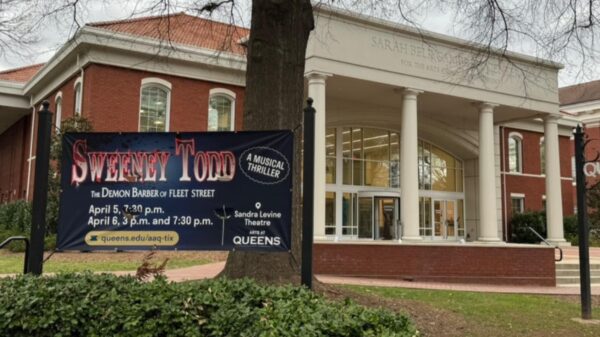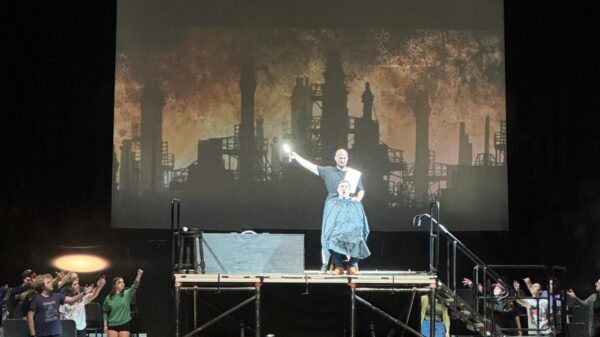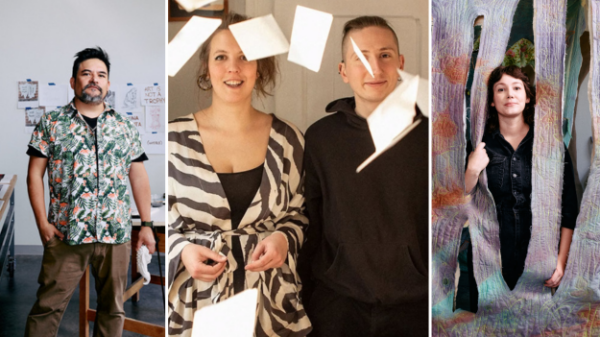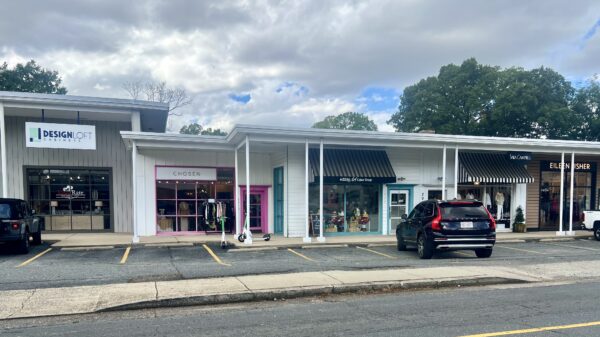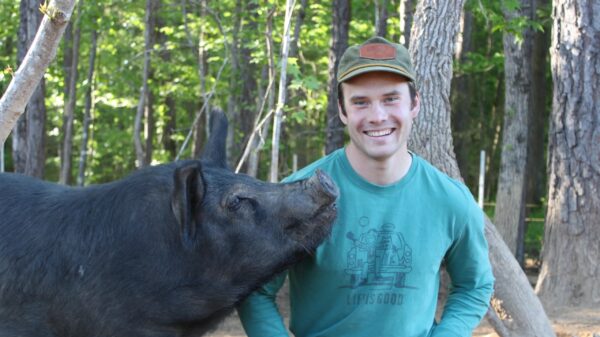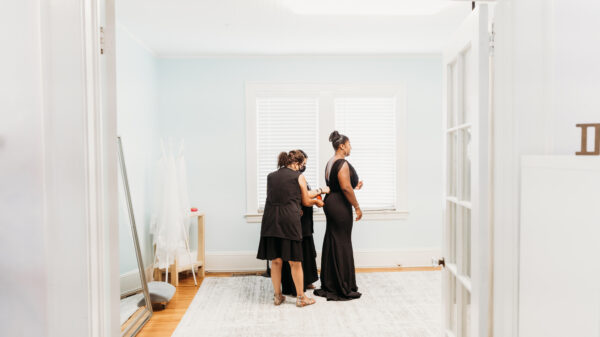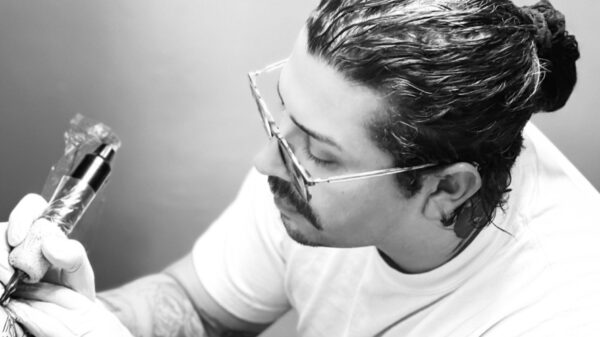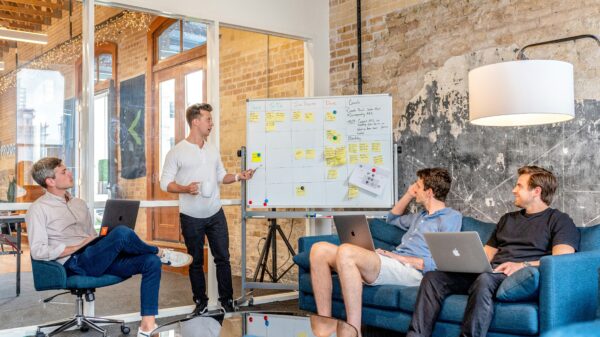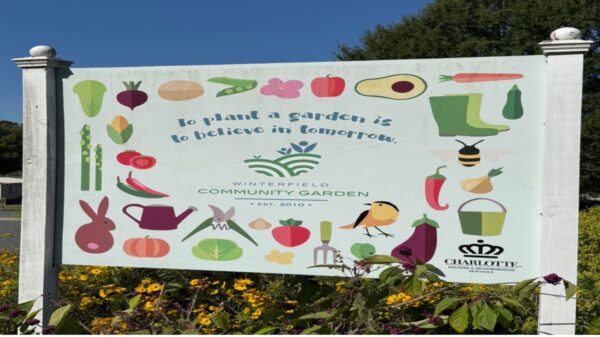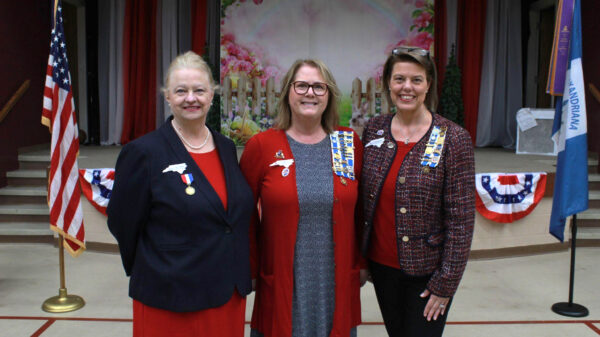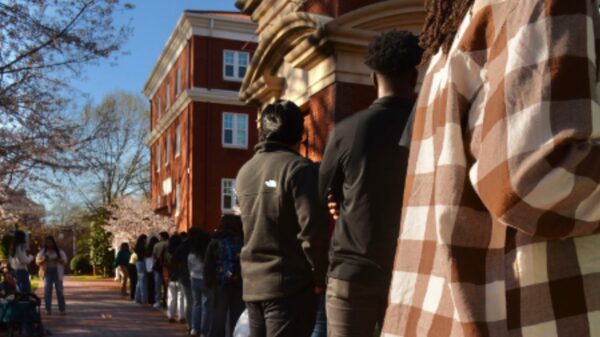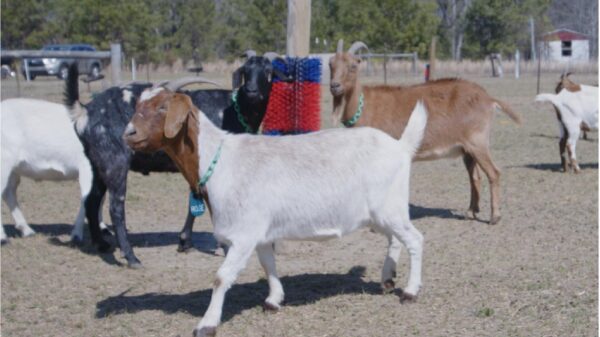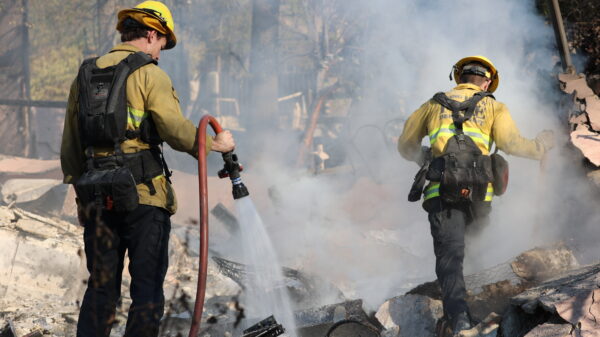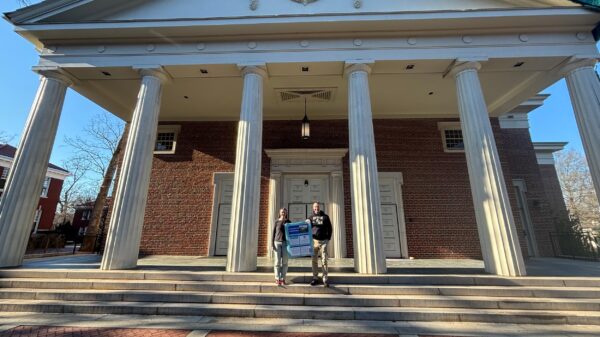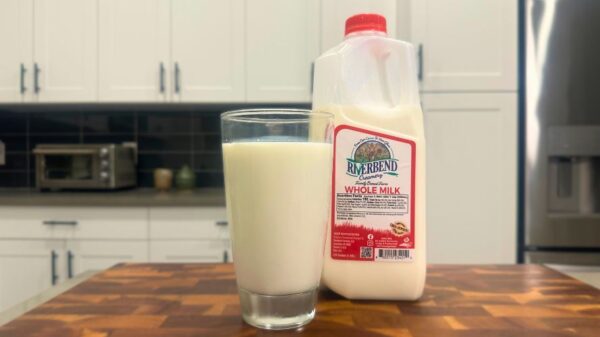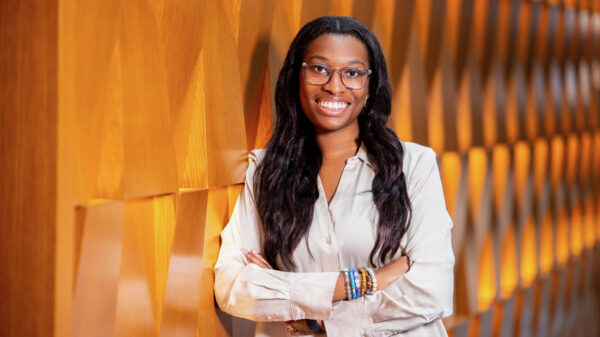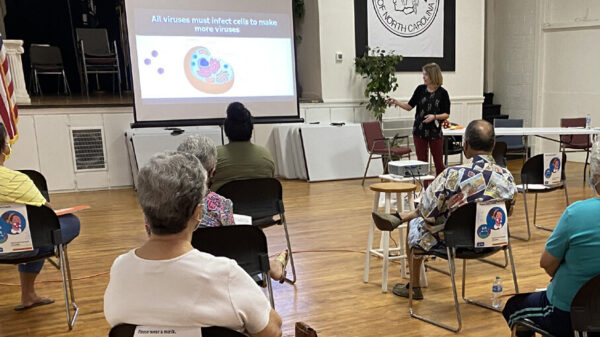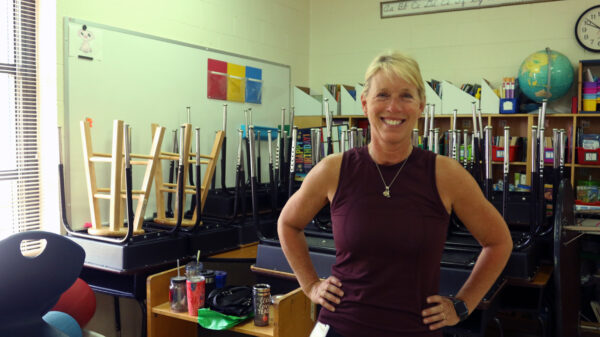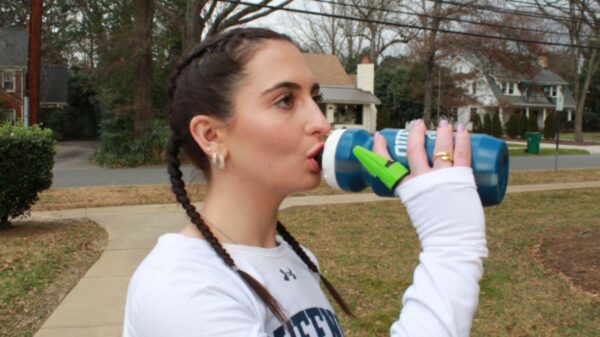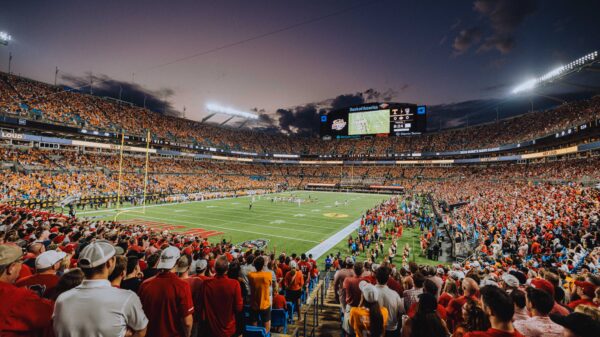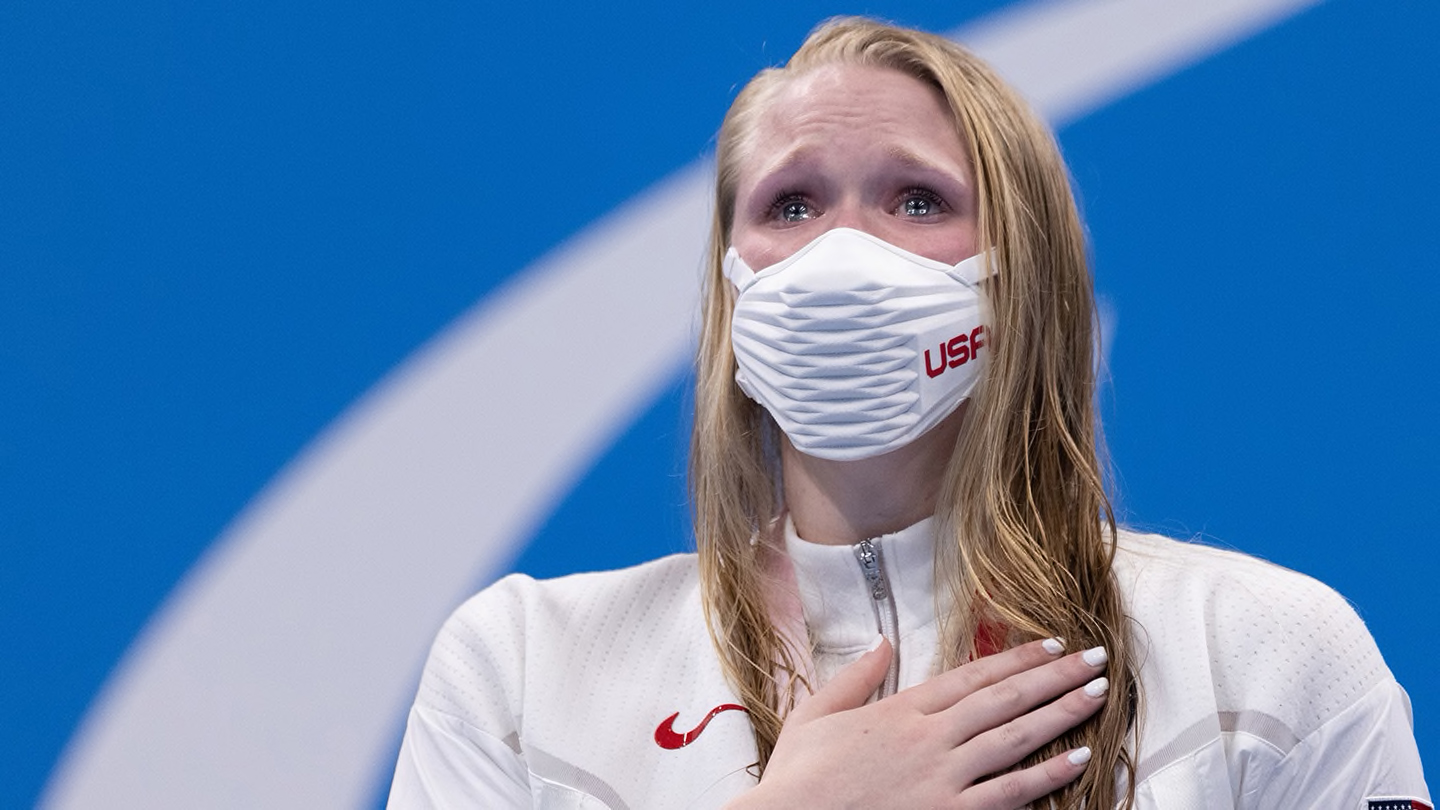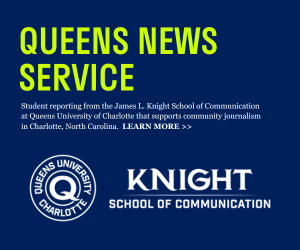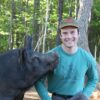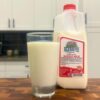Hannah Aspden, a rising senior at Queens University of Charlotte, won gold in the 100-meter women’s backstroke S9 competition today – Monday, Aug. 30 – at the Tokyo 2020 Paralympic Games.
Aspden’s time of 1:09.22 set a new American record and landed her first career Paralympic gold medal. She took two bronze medals at the Rio 2016 Paralympic Games. Aspden’s time beat her own record of 1:09.48, set June 17 in Minneapolis. Rounding out the podium were Soto Nuria Marques of Spain with silver, and Sophie Pascoe of New Zealand with bronze.
“I’m really, really happy, excited,” Aspden said after the race. “It didn’t feel real, and it still kind of doesn’t. It was such a fun race. I don’t know what I was expecting but I just wanted to go in and give it everything I had and that’s what I did. It’s been a long, long journey for a lot of people coming here and so just being here, being able to race, is an amazing feeling.”
Before the games, Aspden said she planned to use her Rio 2016 experience to help her teammates thrive in one of the most challenging athletic competitions in the world. Only 16 years old in Rio de Janeiro, she was the youngest Team USA swimmer to medal on either the Olympic or Paralympic teams.
Her strategy may have worked. In addition to Aspden’s gold, Team USA swimmers today won six other medals at the Tokyo Paralympics. This is a busy week for Aspden. She is also competing in the 100-meter freestyle, the 200-meter individual medley and the 4×100-meter medley relay.

Photos from Aspden, shot before the Tokyo Paralympics.
“I feel less nervous going into it this time just knowing that I’ve been to one before,” Aspden said in an interview in early August. “I’m hoping to go into it with less nerves and more confidence and just have a lot more fun with my team.
“Everything is going to be different,” she said. “Not just because of the year that we’ve had but even going into Rio in 2016, people who had been to the 2012 Games in London said that just those two games were completely different.
“It’s kind of nice that the Olympics are a couple of weeks before us and that we get to see how all of that runs, especially with all of the new restrictions this time around,” Aspden said. “The most stressful part is probably going to be just getting into the country with all of the documentation we need and the restrictions and everything.”
Although the USA Paralympic swimming team was allowed only one personal care assistant for a roster of 34 athletes, Aspden felt confident in her team’s staff to manage obstacles. The staff includes professionals in coaching, sports medicine, and sports psychology. She also feels confident in her teammates’ ability to face adversity, and is prepared to help them navigate their way through a challenging athletic event in the largest city in the world.
“In life, everyone is facing something,” she said. “So I think sports in general, but especially with Paralympic sport, is a great way to showcase people overcoming obstacles and doing what they love in the best way that they’re able to.” Aspden was born with congenital hip disarticulation and has no left leg. A 2018 graduate of Leesville Road High School in Raleigh, Aspden is now a multimedia storytelling major at Queens.
At the Paralympics, both veterans and rookies learn from each other, Aspden said. “We can learn from the younger athletes to just soak it all in, be a part of the excitement, part of the experience, and just have fun with it.”
Her first Paralympic experience in Rio was overwhelming, but her mindset changed for Tokyo. “You train every day for this, you dream of this for years, and then you get there and you don’t want it to be this stressful memory,” she said. “You want to walk away with really good memories and having had a great time with your team. And swim your heart out.”
Aspden feels a responsibility to help first-timers after being in their shoes five years ago. “I want to try to be a mentor to those younger athletes just like people that were there for me at my first games, showing me the ropes and everything,” she said. “Be flexible, go with the flow, because a lot of things are going to happen and a lot of things are going to change,” Aspden plans to tell rookies. “Control what you can control.”
Aspden also plans to do some pin-trading in Tokyo. Athletes get their credentials on a lanyard with multiple Team USA pins, she said, which they trade with athletes and officials from other countries. Her Rio lanyard is completely covered. Among athletes it’s a kind of behind-the-scenes competition to see how many different countries they can get.
“It’s a great way for people to meet each other, get unique souvenirs, and bridge cultural gaps,” she said.
When Aspden returned home to Raleigh in March 2020, at the beginning of the pandemic, she continued training in a friend’s backyard pool. Her sister came along as her coach, giving a whole new meaning to family bonding. Over the past year, Aspden has been training with the TAC Titans with access to a 50-meter pool, elite coaching, and other athletes training for the Games.
“It’s important to remember why you started playing this sport, or swimming, or doing this thing in the first place,” Aspden said. “When did you find your passion for it? What got you here? It’s not about the results, it’s not about the money at the end of the day, it’s about doing what you love.”
-
Grace Wesoly of Greensboro, North Carolina, is a 2022 graduate of the James L. Knight School of Communication at Queens University of Charlotte. Grace was a Knight summer scholar with the news service in 2021, and also competed as an athlete on the Queens softball team.
View all posts

